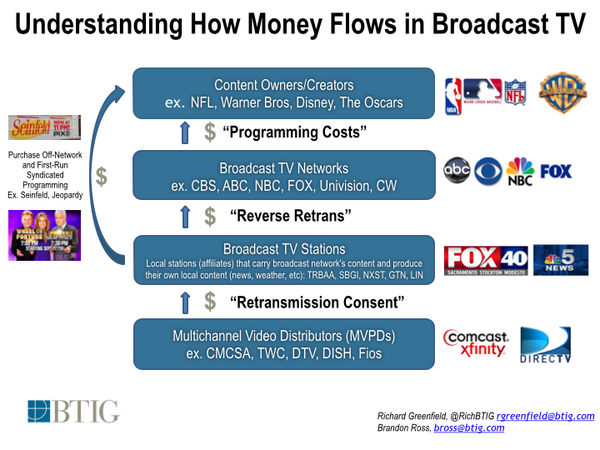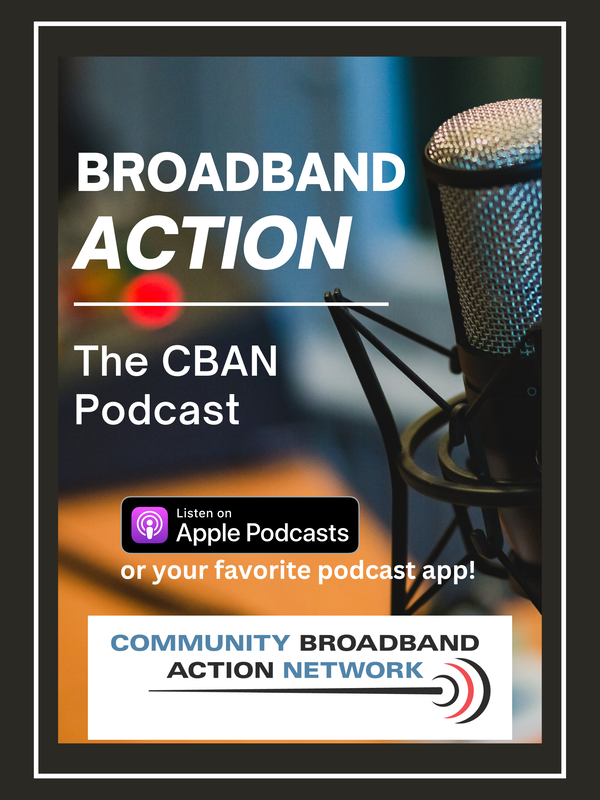1. The NCTC helped, but not as much as we'd like. You can't fault the NCTC for digging in and trying to create master agreements with broadcast ownership groups. And indeed they did end up being successful with one of the smaller groups (Quincy Broadcasting) and the biggest (Sinclair). But it was naive to expect that the NCTC would serve as the savior of small operators in this case. The TV stations simply have TOO MUCH LEVERAGE in negotiations, whether it be with NCTC or with individual operators. The primary upside of the NCTC master deals may very well be the fact that those charges will show up on the NCTC bill and require a bit less paperwork at the local level. One thing the NCTC was able to secure that does have real value; negotiated discounts for out-of-DMA signals if the operator carries the in-DMA affiliate of the same network. That made it a bit easier to justify continuing to carry multiple same-network signals.
2. It ain't going to get any easier without help. It seems there are only two things that can stop the spiraling increases we're seeing in retransmission consent costs: dropping stations or federal intervention. One of the systems I worked with this year decided to drop the out-of-market FOX station to save money. Yet despite kicking their costs to the curb, overall RTC fees still went up 9% because of the stations they DID keep. Dropping marginal stations can only alleviate the upward pressure so much. If you're paying $4.00 a sub at the end of this 3-year election period, they'll ask for $6.00 or more in 2021. You'd have to drop multiple signals just to keep those fee increases in single digits. The rate increases you do have to pass along to customers will just make it easier for they to justify cutting the cord. Can we expect regulatory relief from Washington, D.C. in the next three years? That seems unlikely given the new FCC leadership's close relationship with the industry and their overall "hands off" approach to regulation. Perhaps the best thing that could happen is congressional intervention, but in the toxic political environment we have today, that seems like a heavy lift. Personally, a law that allows operators to offer customers a cable product that does NOT include broadcast stations might solve our problems but the broadcaster lobby would never allow that to happen. 3. We need to keep educating our customers about how the system works. It's not uncommon for cable operators to talk to their customers about retransmission consent fees in the months leading up to the end of a cycle. It seems to me that consistent messaging and education efforts for the two and a half years before that are needed to try to shift some of the blame from our shoulders to the TV stations and networks.
0 Comments
Leave a Reply. |
Broadband Bytes NewsPresented by the Community Broadband Action Network and curated by Curtis Dean. Archives
July 2024
Categories
All
|






 RSS Feed
RSS Feed
